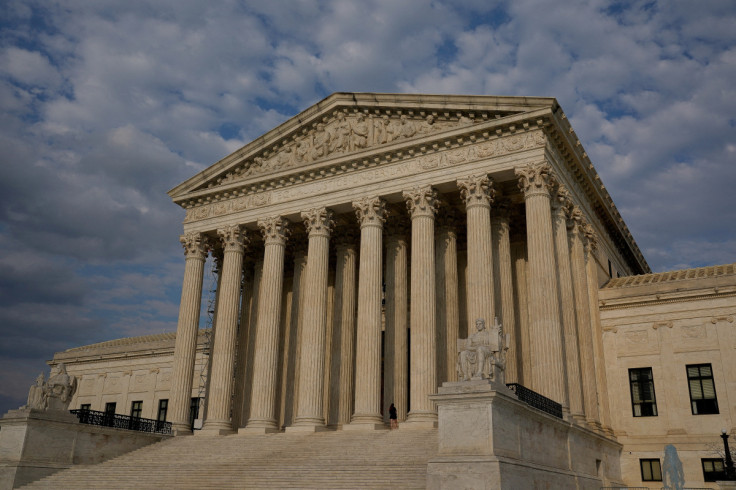
The Supreme Court halted on Tuesday the execution of Texas death row inmate Ruben Gutiérrez at the last minute. It did so after agreeing to consider a writ of certiorari, legal language used to refer to an appeal to the highest court in the country.
"Should the petition for a writ of certiorari be denied, this stay shall terminate automatically. In the event the petition for a writ of certiorari is granted, the stay shall terminate upon the sending down of the judgement of this Court," the document said.
So, what happens now? The judiciary explains in specialized blogs that the Supreme Court takes a small percentage of appeals sent its way, and "usually only does so if the case could have national significance, might harmonize conflicting decisions in the federal Circuits courts, and/or could have precedential value." Each year, the document says, it only accepts between 60 and 70 of the 5,000-6,000 received each therm.
The Supreme Court says in a guide about its procedures that it takes "about six weeks" on average to act once a petition is filed.
This is not the first time Gutiérrez's execution was delayed at the last minute. It also happened in 2020 after the Supreme Court upheld an appeal seeking a religious adviser to be allowed in the death chamber. It was also stayed in October 2019 by Texas' highest criminal court due to a clerical error, and in September 2018 to give him a new attorney more time to investigate his case.
Gutiérrez had all but exhausted his appeals after he was denied a clemency application by the Texas Board of Pardons and Paroles on Monday. He was convicted in 1999 for the murder of Escolastica Harrison, killed in her trailer after him and two co-defendants sought to rob her of over half a million dollars they believed she had there. After repeatedly hitting her and stabbing her in the head, they ended up stealing $56,000.
Gutiérrez has for long said he didn't commit the murder. His attorneys claimed there was no physical or forensic evidence that connected him to the case and long sought to prove it through DNA testing.
They said items recovered from the crime scene such as nail scrapings from Harrison, a loose hair around her hair and different blood samples have never been tested. Consequently, they requested the U.S. Supreme Court to stop the execution saying Texas denied the right of post-conviction DNA testing, which would have proven his innocence.
Prosecutors, in contrast, said the request was a delay tactic and that several pieces of evidence did prove he is guilty. They include a confession in which he said he planned the robbery and was inside Harrison's house when she was killed. Lower courts have already rejected his request for DNA testing.
Gutiérrez has said his confession was false and that he only agreed to it after detectives threatened to "arrest his wife and take away his children."
However, he was convicted under the state's law of parties, which determines that a person can be convicted for the actions of others if they assist or encourage the commission of a crime. He was with two others when the murder took place: one of them, René García, is serving a life sentence in a Texas prison. The other one, Pedro Gracia, who according to police was the getaway driver, remains at large.
© 2024 Latin Times. All rights reserved. Do not reproduce without permission.







